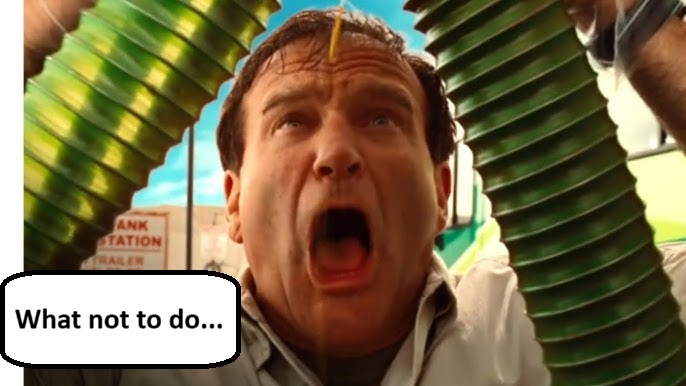Care & Best Practices
1. Never leave your gate valves open.
1.a. If you do, this allows off gassing from the septic that you are connected to into your rig. Causing odors and potentially giving access for everything living in the septic to enter your rig’s holding tanks.
2. Use a liquid based product that is, Enzymes and Bacteria based tank treatment. We use and recommend “Just Science TankTechRx for RVs”.
2.a. Stay away from Antibacterial or chlorinated products, as they will kill off the good Bacteria we are trying to establish.
2.b. Don’t use the Pod type products as the plastic Pods don’t always dissolve all the way. They then can clump together and cause a blockage. If your rig is equipped with a Masorator the plastic can jam the internal components and damage the unit.
3. Do not use harsh chemicals to clear blockages. The chemicals are corrosive and will damage gate valve gaskets and other rubber seals in the system. Resulting in a waste water leak.
3.a. When we have to clear a blockage in an RV you cannot use traditional methods that worked in your home (sticks & bricks). Using a snake can damage the flush gate and seals. We talked about not using harsh chemicals.
3.b. We clear the blockage from the bottom up. This ensures all waste flows out the dump gate and into the septic. If you try to work it from the top down you risk having the waste backup into the rig. Going from the Top Down only allows waste and liquid to rise instead of flowing out to the septic. This is because you have not cleared the blockage that is preventing it from exiting the holding tank.
4. Use plenty of water to push solid waste down to the holding tank. Fill that bowl… (1 gallon of water weights 8.3lbs) this will help move the waste down to the holding tank and reduce the likelihood of a blockage in the pipe to the tank. Water is your friend when it comes to your holding tanks.
5. Use a septic safe toilet paper. Stay away from the heavy quilted types. We find that Scott 1000 Septic Safe is a good one to use.
6. Have your holding tanks professionally Hydro-Jetted as part of your annual maintenance.
6.a. Full-time RVers – 1 time per year (Annually)
6.b. Boondockers – 2 times per year as your rig will tend to have more solids buildup when running on limited water.
6.c. Part-timers – 1 time per year just before you put you rig into off-season storage.
We are here to assist with any issues and maintenance for your RV.
Wishing you safe and trouble-free travels.

